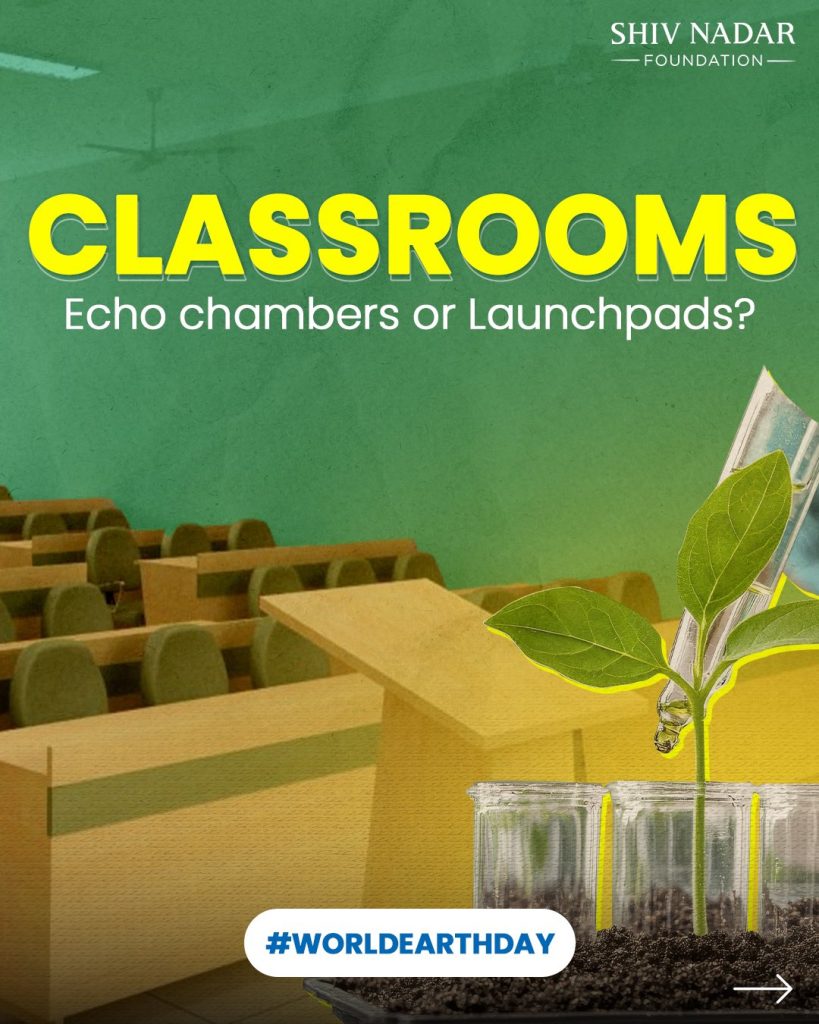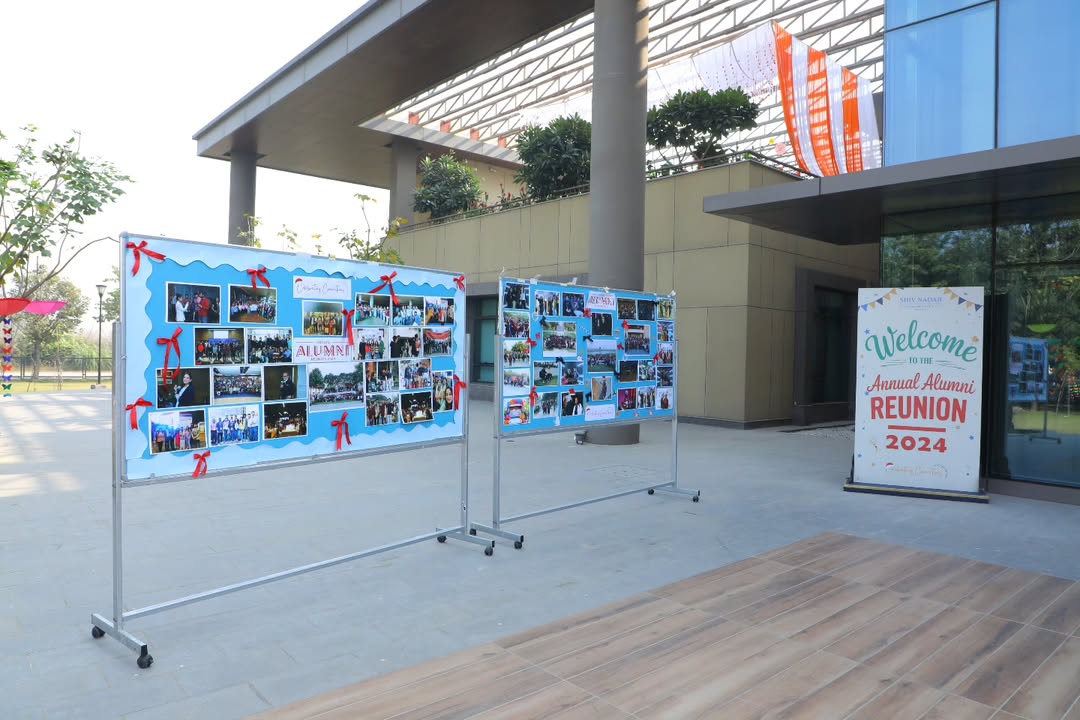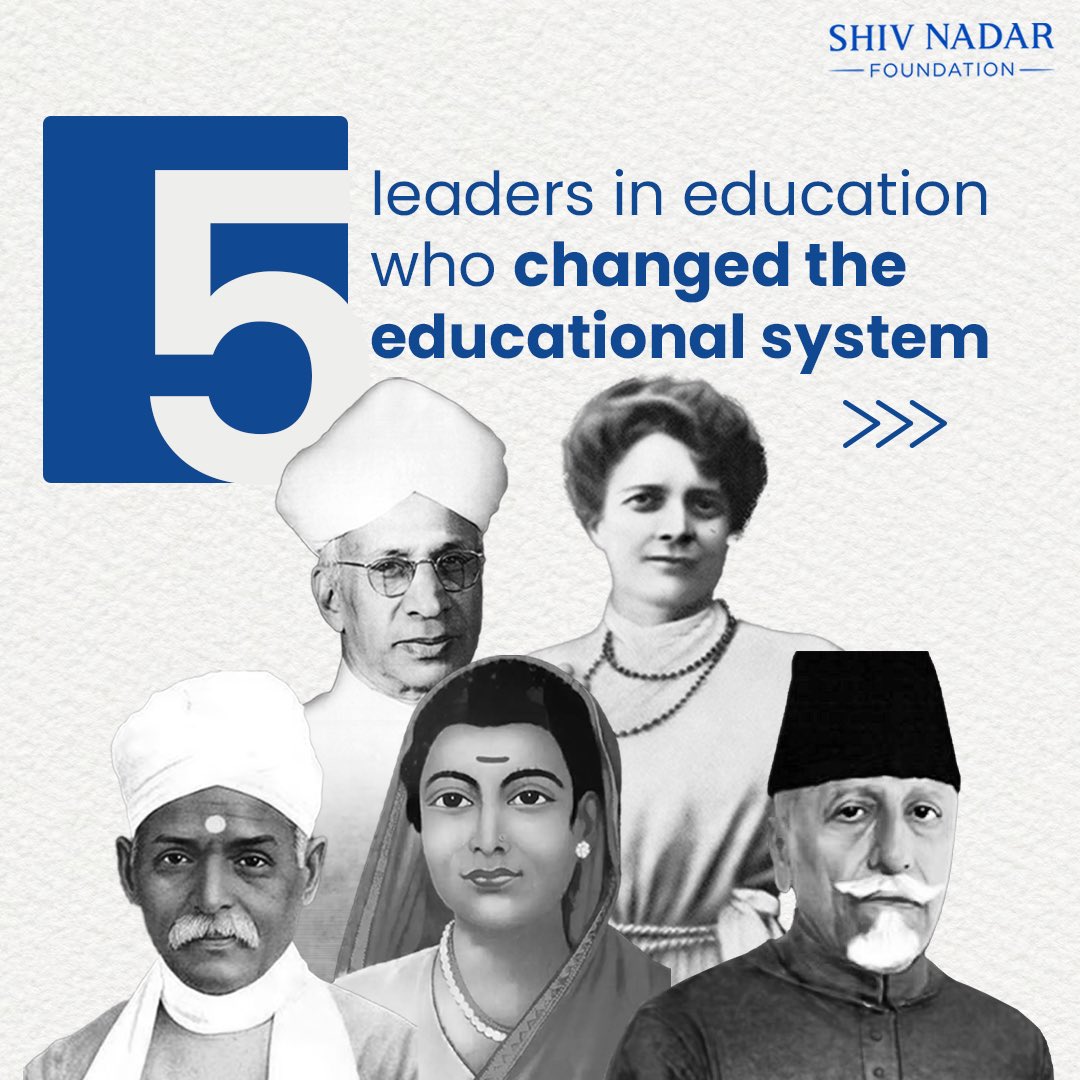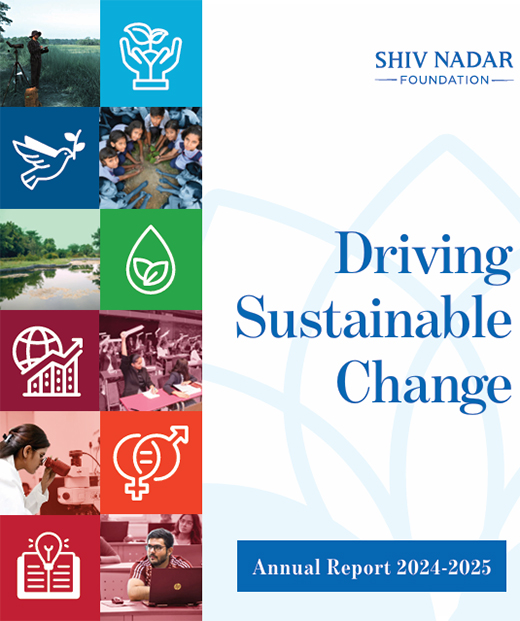Fighting Illiteracy and Driving Sustainability in India with Shiv Nadar Foundation
In a rapidly changing world, addressing illiteracy and environmental sustainability has become critical for national development. In addition to teaching academic knowledge, the modern education system in India needs to develop socially conscious people. By addressing these issues directly, the Shiv Nadar Foundation (SNF) demonstrates this integrated approach and builds a strong foundation for children nationwide.

Fighting Illiteracy at the Grassroots: The SHIKSHA Initiative
Many individuals across various regions in India continue to face challenges in acquiring foundational reading skills. SNF started the SHIKSHA Initiative, a technology-enabled literacy program designed to enhance learning outcomes for promising learners across diverse communities. SHIKSHA Initiative employs teacher training, digital classrooms, and interactive content to improve reading and comprehension in government schools and adult learners. Thousands of children and teachers in Uttar Pradesh and other areas have benefited thus far.
By building literacy from the ground up, the SHIKSHA Initiative doesn’t just teach people to read—it equips communities with the tools to participate in and contribute to sustainable progress. Literacy becomes the first stepping stone to environmental awareness and responsible action.
From Literacy to Sustainability: A New Era in Education
SNF’s establishments, including Shiv Nadar University and Shiv Nadar School, go beyond basic literacy to symbolize the next phase of educational development by fusing academic brilliance with practical problem-solving. These campuses utilize energy and resources and act as miniature versions of more serious environmental issues. However, these institutions are becoming living laboratories for sustainability rather than being passive sources of waste and pollution.
An example is the Farm to Fuel (F2F) Project at Shiv Nadar University. Under this program, cafeteria food waste is converted into natural fertilizer, biofuel, and hydrogen fuel. It reduces landfill trash and promotes renewable energy, which directly supports India’s Green Hydrogen Mission. What was once discarded as waste is now powering clean transportation and enriching the soil, turning consumption into contribution. It’s a powerful lesson for students on how even small-scale efforts can lead to large-scale change.
The Modern Education System in Action
The SHIKSHA Initiative and initiatives like F2F represent a reinvented modern education system in India, with both innovative thinking and fundamental abilities. SNF guarantees that students are socially and ecologically sensitive and intellectually competent.
This dual approach shows how education may be inclusive and forward-thinking by fusing environmental campus practices with literacy outreach. SNF creates a solid basis for children from various situations to flourish in a resilient and just society by tackling illiteracy and sustainability.
Conclusion
The Shiv Nadar Foundation demonstrates that education is not limited to classrooms. It is creating a generation that values sustainability, knowledge, and responsibility, whether through clean energy breakthroughs on college campuses or digital literacy in rural schools. SNF provides a revolutionary model for the modern education system in India based on effect, inclusion, and a sustainable future in the battle against illiteracy and environmental degradation.














